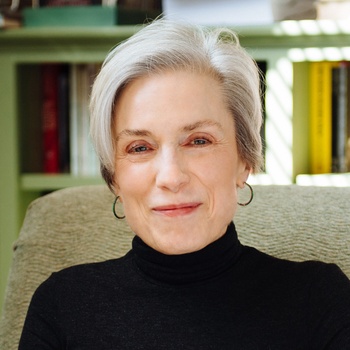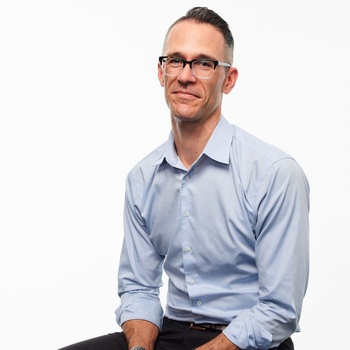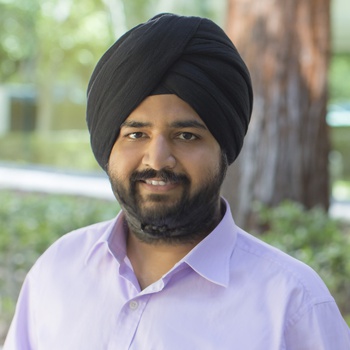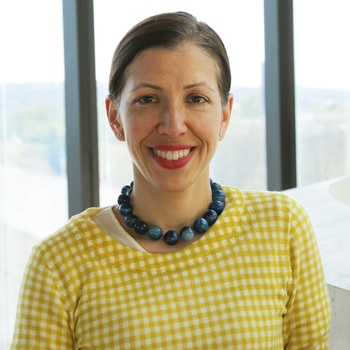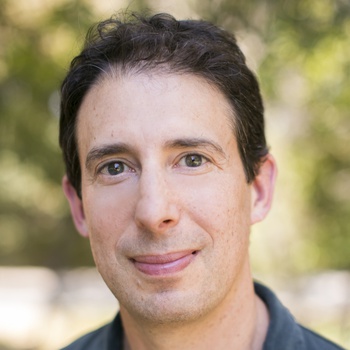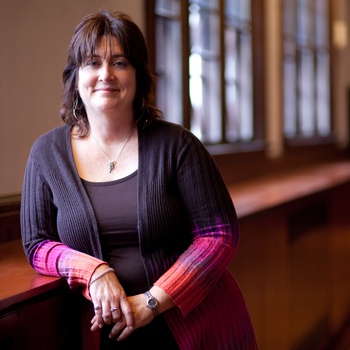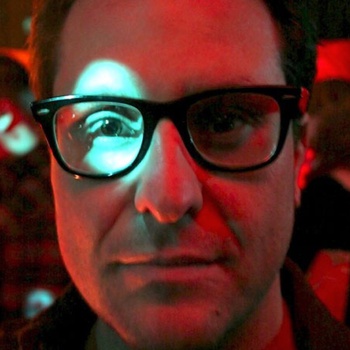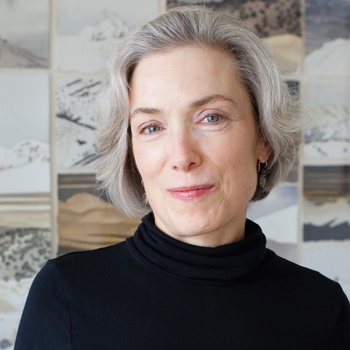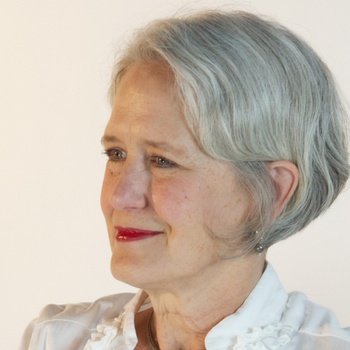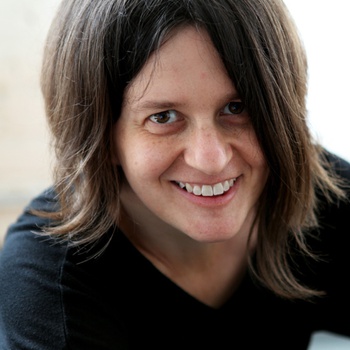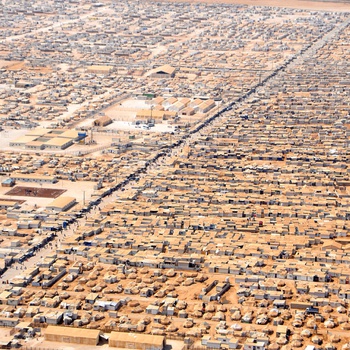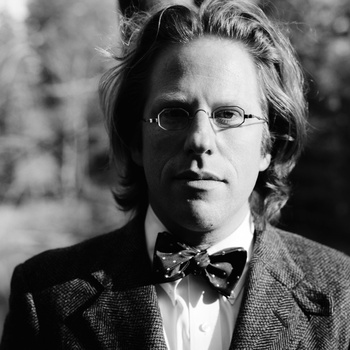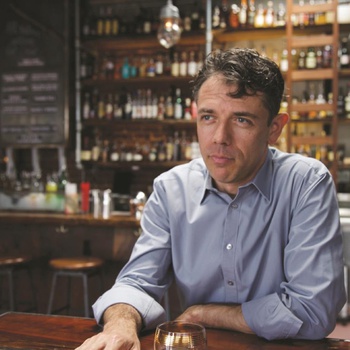Learning From Le Guin
Kim Stanley Robinson
November 13, 02018
The legacy of Ursula K Le Guin lives beyond the page in generations of writers who have learned from her. She used fantastic fiction to imagine ideals for the real world. Kim Stanley Robinson, her student 40 years ago and now a celebrated science fiction writer himself, reflects on Le Guin the teacher, her impact on his work, and how she changed the world.
Kim Stanley Robinson is an American novelist, widely recognized as one of the foremost living writers of science fiction. His work has been described as "humanist science fiction" and "literary science fiction." He has published more than 20 novels including his much honored "Mars trilogy", New York 2140 (02017), and Red Moon due out in October 02018. Robinson has a B.A. in Literature from UC San Diego and an M.A. in English from Boston University. He earned a Ph.D. in literature from UCSD with a dissertation on the works of Philip K. Dick.
Ursula K Le Guin was one of the greatest imaginative writers of all time. Her science fiction and fantasy stories (as well as children's books, poetry, essays, and many other genres & forms) have sold millions of copies, earned dozens of awards, and stayed constantly in print. Her honors include six Nebula awards, seven Hugos, and the National Book Foundation Medal for Distinguished Contribution to American Letters. In 02003 she became the 20th writer ever to receive the Science Fiction and Fantasy Writers of America's Grand Master award. She passed away in January 02018.
Le Guin's book of essays No Time to Spare: Thinking About What Matters won a 02018 Hugo award and the 02017 collected edition of her Hainish Novels and Stories recently won a Locus award. A documentary entitled Worlds of Ursula K. Le Guin will debut in 02018.
Upcoming Talks
Videos

Johanna Hoffman
Speculative Futures: Design Approaches to Foster Resilience and Co-create the Cities We Need
October 12, 02022

Creon Levit
Space Debris and The Kessler Syndrome: A Possible Future Trapped on Earth
April 26, 02022

Brittany Cox
Horological Heritage: Generating bird song, magic, and music through mechanism
August 20, 02019
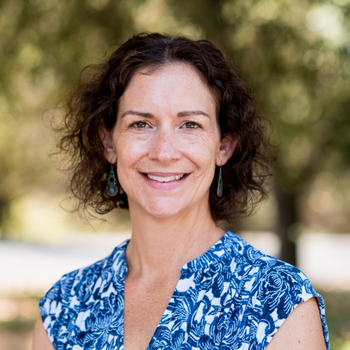
Elizabeth Lonsdorf
Growing Up Ape: The Long-term Science of Studying Our Closest Living Relatives
April 30, 02019

James Holland Jones
The Science of Climate Fiction: Can Stories Lead to Social Action?
January 29, 02019

Kevin Kelly, Stewart Brand, Alexander Rose
Siberia: A Journey to the Mammoth Steppe
January 22, 02019

Caroline Winterer
The Art and Science of Deep Time:
Conceiving the Inconceivable in the 19th Century
September 4, 02018

Esther Dyson
The Short Now: What Addiction, Day Trading, and Most of Society’s Ills Have in Common
July 17, 02018

Hannu Rajaniemi
The Spirit Singularity: Science and the Afterlife at the Turn of the 20th Century
July 10, 02018

Shahzeen Attari
Facts, Feelings and Stories: How to Motivate Action on Climate Change
June 26, 02018

Renée DiResta
Disinformation Technology: How Online Propaganda Campaigns Are Influencing Us
April 10, 02018

Scott Kildall
Art Thinking + Technology: A Personal Journey of Expanding Space and Time
August 15, 02017

Miles Traer
The Geological Reveal: How the Rock Record Shows Our Relationship to the Natural World
June 27, 02017

Andrew Lakoff
How We Became “Unprepared”:
Imagining Catastrophe from the Cold War to Bird Flu
May 30, 02017

Jennifer Petersen
Why Freedom of Speech Is More Than Speech:
Expressions in Media and Code
April 18, 02017

Tara Behrend
The Psychology of Surveillance:
How Being Watched Changes Our Behavior
February 28, 02017
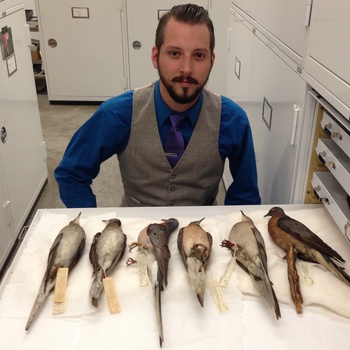
Ben Novak
The Next Flight of the Passenger Pigeon: Engineering Nature's Engineers
September 27, 02016









